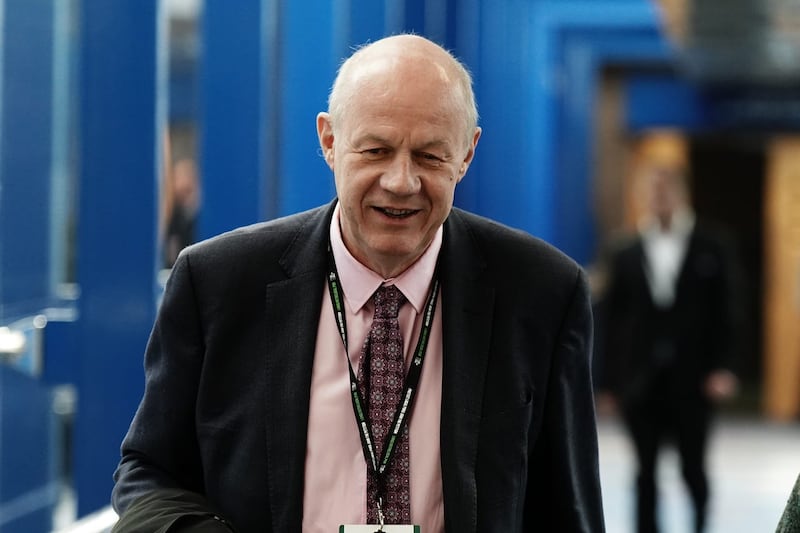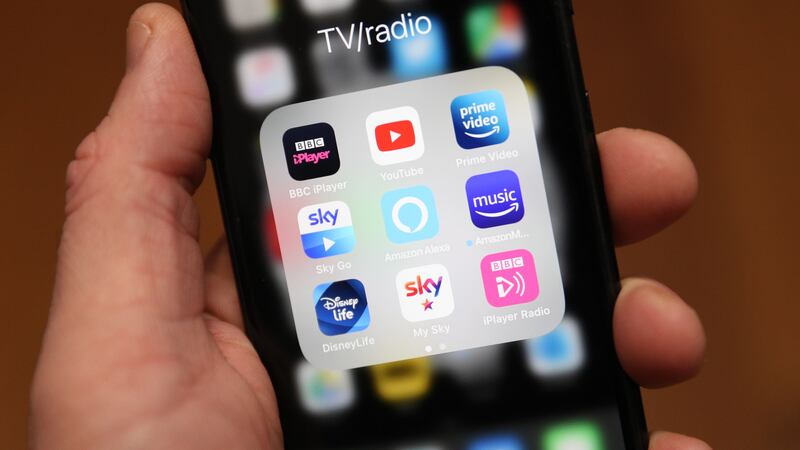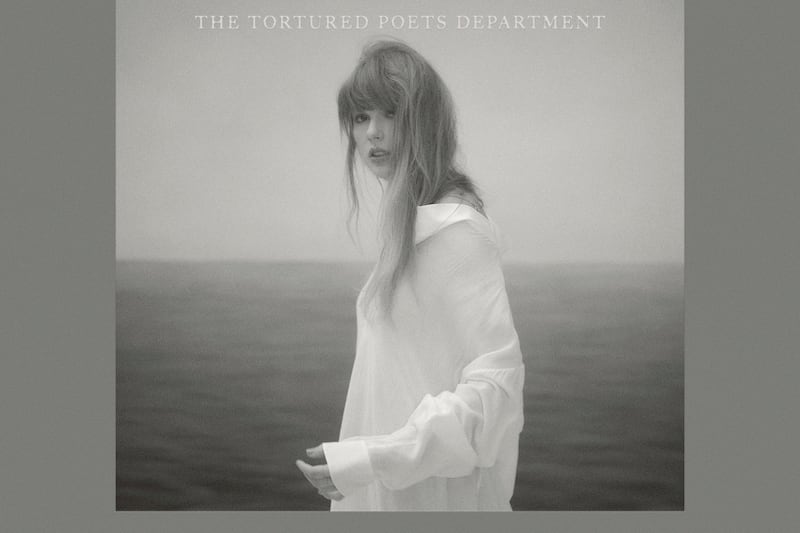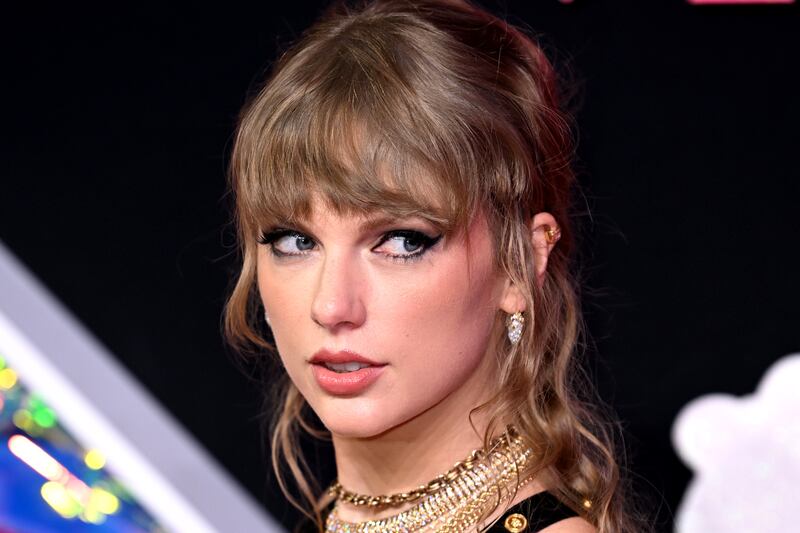Performers and creators are making a “pitiful” amount of money from streaming their music online, MPs have said.
Musicians should receive a fairer share of revenues and there should be a “complete reset” of the streaming market, according to the digital, culture, media and sport (DCMS) committee.
Damian Green, acting chairman of the DCMS committee, said he and his fellow MPs have heard of the “frustrations” that the majority of musicians and songwriters have with the earnings they get from music.
The Conservative MP added: “Too many of them receive pitiful returns despite making successful music. The main players need to get together to remedy this in a sustainable way.
“The world of music streaming is highly susceptible to changes in digital technology and the Government needs to make sure it is ahead of the game by taking a more strategic role in co-ordinating policy across departments.
“The Government described our initial report as a ‘key moment for the music industry’. It now needs to make sure it follows through on the work done so far to fix the fundamental flaws in the market.”

He also said musicians and songwriters need a share in Britain’s “huge national asset” that is “loved around the world”.
In a report called Economics of music streaming: follow-up, the MPs said there need to be working groups on remuneration and performer rights, and greater transparency with the music groups that already exist and the Government and Intellectual Property Office (IPO).
The committee also said current cultural policy can be “too scatter-gun to be effective” and asked the Government to take a “proactive strategic role and develop a national strategy for music”.
As part of any strategy, the effect of digital technology on musicians, songwriters and composers, and on the music industry’s potential for growth, would be looked into.
The report also noted that when the music streaming market reaches “saturation point”, Spotify will be most at risk compared with its competitors like Apple, Amazon and Google, who have other products.
“Spotify is almost entirely music-focused and dependent on venture capital, meaning that it is reliant primarily on subscriber growth,” it adds.
The IPO is currently leading the cross-Government work on music streaming, including creator remuneration, in consultation with DCMS.
A Government DCMS spokesman said in a statement to the PA news agency: “The music industry is one of the UK economy’s major success stories.
“We are home to some of the best musical talent in the world, and the sector provides fantastic career opportunities and support for emerging artists.
“We are committed to ensuring that musicians and songwriters are paid fairly for their work.
“We are exploring issues relating to artist pay as part of our programme of work on music streaming and are currently considering the contents of this report.
“It is important that any solutions work for the entire industry and deliver meaningful and long-lasting benefits for all.”
A spokesman for records label group BPI said: “We are pleased that the DCMS Select Committee has highlighted the positive steps that the industry has taken on the back of the original report.
“Following on from the three major music companies’ announcement last year of legacy artists’ programmes that set aside unrecouped artist balances for pre-2000 record deals, we are collectively working with the IPO to complete industry-led packages in the key areas of transparency, metadata and artist remuneration.
“After a record-breaking year for British artists domestically, negotiations are ongoing between the BPI and the Musicians’ Union over new rates for session musicians.
“At a time when the global music market is more competitive than ever, public policies must be firmly rooted in driving sustainable growth across the entire UK music ecosystem.”








